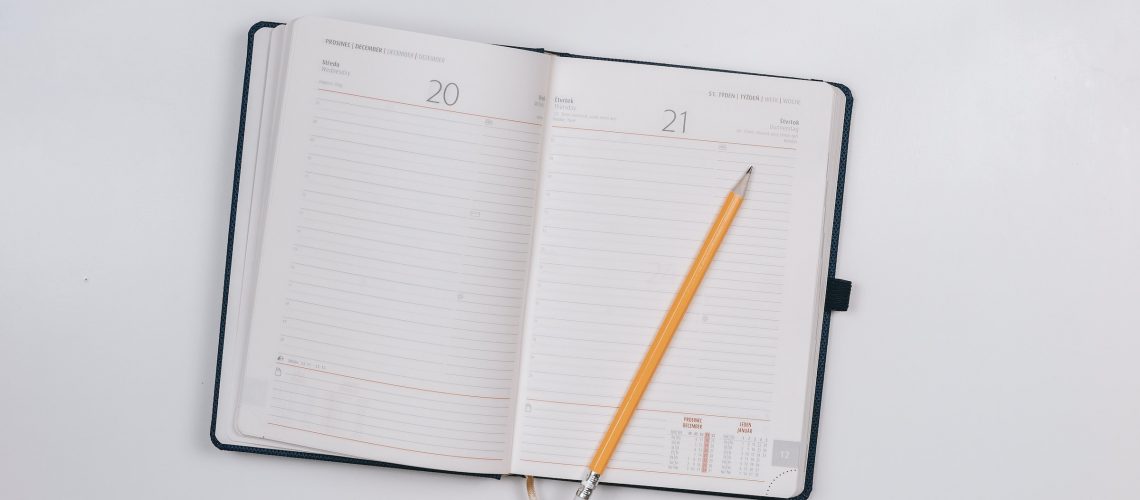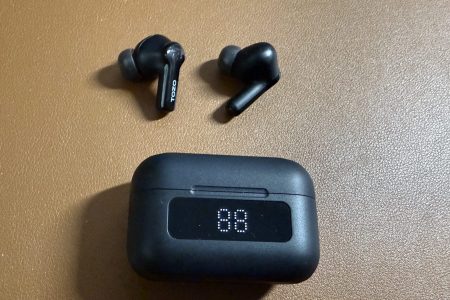Work journals can be highly beneficial for individuals with ADHD. They offer a way to keep track of progress, increase motivation, and manage and control symptoms. Work journals may also help determine the most effective strategies for managing challenges in the workplace. Individuals with ADHD may find it difficult to stay focused or free from distractions, but writing down tasks and goals can provide structure and prevent them from feeling overwhelmed.
The latest research recommends that work journals be used regularly, not just when there is a problem to solve. It’s worth taking the time to start and maintain a journal because they allow you to look back and see how far you’ve come, which can be an excellent source of motivation. In addition, experts recommend covering accomplishments as well as areas where improvement may be needed. This prevents cheating yourself out of recognizing all the hard work you have done.
Along with the general benefits of work journals, they provide unique utility for those of us with ADHD. The key is how they help our short-term memory and our organization. When our short-term ADHD memory is momentarily exhausted, we can take a break knowing that we have the necessary notes to re-engage in the task after a short break.
The work journals help our organization and executive functions by providing a readily available list of all tasks. With this list of tasks, we can add structure and timelines for completing the tasks. In addition, this assists our executive functions by providing a visual aid for task prioritization.
A work journal doesn’t have to be complicated or fancy – it can be as simple as jotting down notes on a piece of paper or using a bullet planner to keep track of tasks. The important thing is that you start somewhere and make it a habit. Then, by logging your progress and accomplishments each day, you’ll begin to see patterns emerge and be able to determine what works best for you.
Though the work journals don’t need to be fancy, they should be centralized. This means keeping our notes in the same place, whether digital or paper. The key to remember is that the notes can be taken on any media, such as paper or iPad. However, the notes should always be transferred to the same location.
Using the same storage location can mean taking notes on your iPad and paper but later consolidating the notes into a single mobile notetaking app.
I use this technique frequently. First, I take notes on whatever is near me. Then, later in the day, I transfer my notes to my paper planner. The inverse is also just as valid. You can take notes on whatever paper is near you, then scan the document into your phone and add the notes to a central note app.
An excellent app for this technique is Notability. This fantastic app can be highly beneficial, especially for those with ADHD who struggle to manage their work journals. It provides the ability to draw and take notes on whatever paper or surface is near you, which can then be scanned into your phone and added to a central note app.
For those ADHD’ers who love paper, I recommend Discbound notebooks such as TUL Notebook from Office Depot. The paper is designed to be easily removed and re-inserted into the notebook via special hole punches. This makes the TUL notebook incredibly customizable.
In addition, the TUL Notebook system includes a special hole puncher that can produce the same unique holes as regular TUL pages. This means that any random paper or printed page can be inserted easily into the TUL Discbound Notebook system.
Some other features of the TUL Discbound notebook system include a wide range of cover options, from leather to plastic, and even customizable covers. This allows people with ADHD to pick a notebook that suits their personal style and motivates them to use it regularly.
Bullet journaling is another notetaking method that has become very trendy in journaling. It may be particularly helpful for those with ADHD who crave creativity and flexibility in organizing their thoughts and projects.
A bullet journal combines elements of a planner, calendar, to-do list, diary, and more into one customizable system. The idea is to create a simple yet effective way to keep track of daily, weekly, and monthly tasks as well as progress toward bigger goals or projects. People with ADHD benefit from the system’s simplicity while still having the freedom to make it their own.
No matter which format works best for you, make sure to follow some bullet journaling techniques, such as outlining your priorities at the beginning of each week and scheduling time blocks for certain tasks to increase productivity. Sharing your progress with someone else also benefits you because sharing holds you accountable for accomplishing tasks and meeting goals.
Beyond ADHD productivity, another benefit of using a work journal is that it can increase motivation. When you’re feeling overwhelmed or stuck, looking back at how far you’ve come can boost your confidence and remind you of all the things you’ve accomplished. Additionally, by covering areas where improvement may be needed, you can set goals for yourself and track your progress over time.
Finally, work journals are a great way to increase communication with others. If you need help with communication or need to remember important details, having a written record of your thoughts and plans can be invaluable when working with colleagues.
In conclusion, a work journal is an easy way to manage one’s progress, challenges, and achievements throughout the day, week, month, or year. Tracking all this information in one place allows individuals with ADHD to determine areas where they need improvement and set goals for themselves. Work journals can provide an excellent motivation boost as well since you can see how far you have come by recording both successes and challenges.
Whether using digital tools like Notability or traditional paper notebooks like TUL Discbound, finding a system that works for individual needs and preferences is key. Incorporating bullet journaling techniques, including recording both successes and challenges and sharing progress with others, can increase motivation and hold oneself accountable for accomplishing tasks and meeting goals. With dedication and persistence, work journaling can be an effective tool in the lives of people with ADHD.
This post may contain affiliate links that earn us a commission when you buy through our product links. For our full disclosure, please visit our Privacy Policy page.




